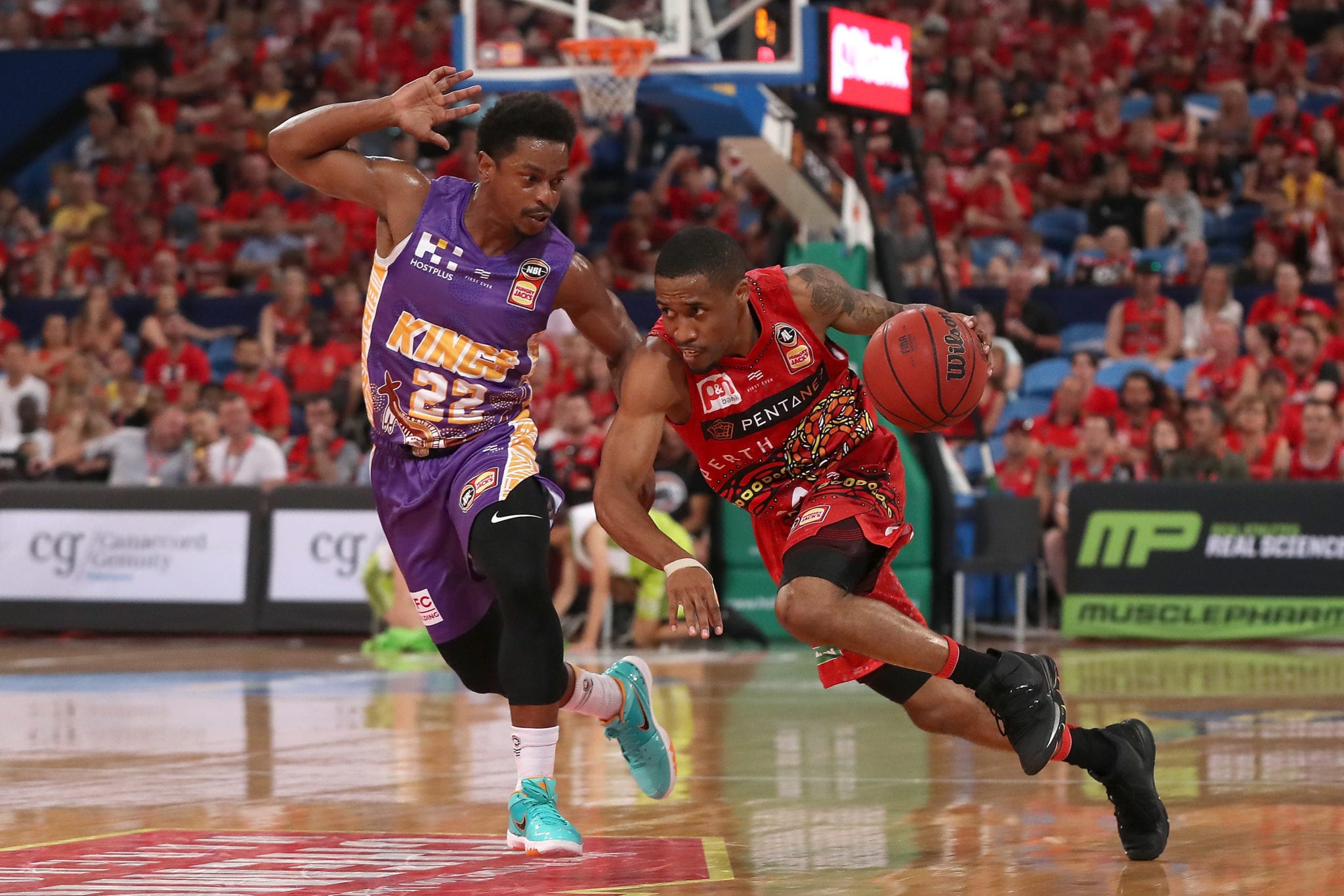Coronavirus is causing extensive headaches in NBL circles and not just because star players are opting out of their deals due to mandatory league-wide salary cuts.
There has also been plenty of confusion around rules pertaining to players opting out of their contracts and then opting back in again.
The initial agreement to cut salaries evenly across the NBL suggested players could not opt back in for more money, with the agreement stating that returning players would be paid “pursuant to (the existing) contract”.
However, the player opt-out form suggested players could opt back in at a higher pay rate, with its terms including the following passage: “I understand that nothing stated above prevents my NBL Club from agreeing to different terms with me, subject to the CBA and my SPC.”
It is this discrepancy – which was first reported by ESPN – which has caused widespread confusion.
The NBL was unable to provide proper clarity on the matter when contacted, as the issued explanation – which they insisted must not be quoted directly – could also have been interpreted in two different ways.
When pressed further, the league seemed to suggest players could negotiate the length of their deal, but not the pay for the years that remained on their existing contract.
However, members of multiple NBL front offices have since told of their final interpretation of the rules, while either denying or declining to comment on whether they were initially confused by the league’s wording.
It is the understanding of those teams that despite what was stated in the initial agreement, players who choose to opt out and back in again can indeed renegotiate for increased pay.
So, for example, a player who was set to earn $400,000 next season (which becomes $200,000 under the new rules) could theoretically negotiate, let’s say, a $500,000 deal instead.
That would at least allow him to take home $250,000 instead of $200,000, and partially minimise the damage caused by the coronavirus rule.
However, a relatively minor increase is unlikely to prevent star players like Bryce Cotton and Casper Ware from seeking out greener pastures overseas.
And even if teams committed to contracts which on paper were twice the size (to ensure their respective star players received their usual pay packet), it’s worth noting that the full amount still counts toward the salary cap, so there would be very little cap room remaining for the rest of the team.
Clubs could consider backloading deals in an effort to allow their star players to recover lost money in future years when the coronavirus rule has been lifted, but that would also result in the team running into that same salary cap problem down the road.
The reality is that if these mandatory league-wide cuts didn’t exist, cashed-up teams like Perth, Sydney and Melbourne would have much more success in signing and retaining talent than their poorer competitors, leading to a widening chasm between the league’s upper and middle classes.
By forcing everyone to make the same cuts, the new rules ensure that league disparity doesn’t skyrocket overnight.
But those same rules have also forced the league’s best player, Bryce Cotton, to opt out of his deal with Perth, right on the back of the newly resurgent league’s most successful season since its glory days.
That is despite the league MVP actively looking to make Australia his permanent home, something that should be a dream scenario for a league looking to retain its NBA-level talent.
And while some may point to the obvious benefits of maximising parity, others might suggest it’s a moot point if the NBL loses a bunch of the stars who helped make the league a legitimate product in the first place.

